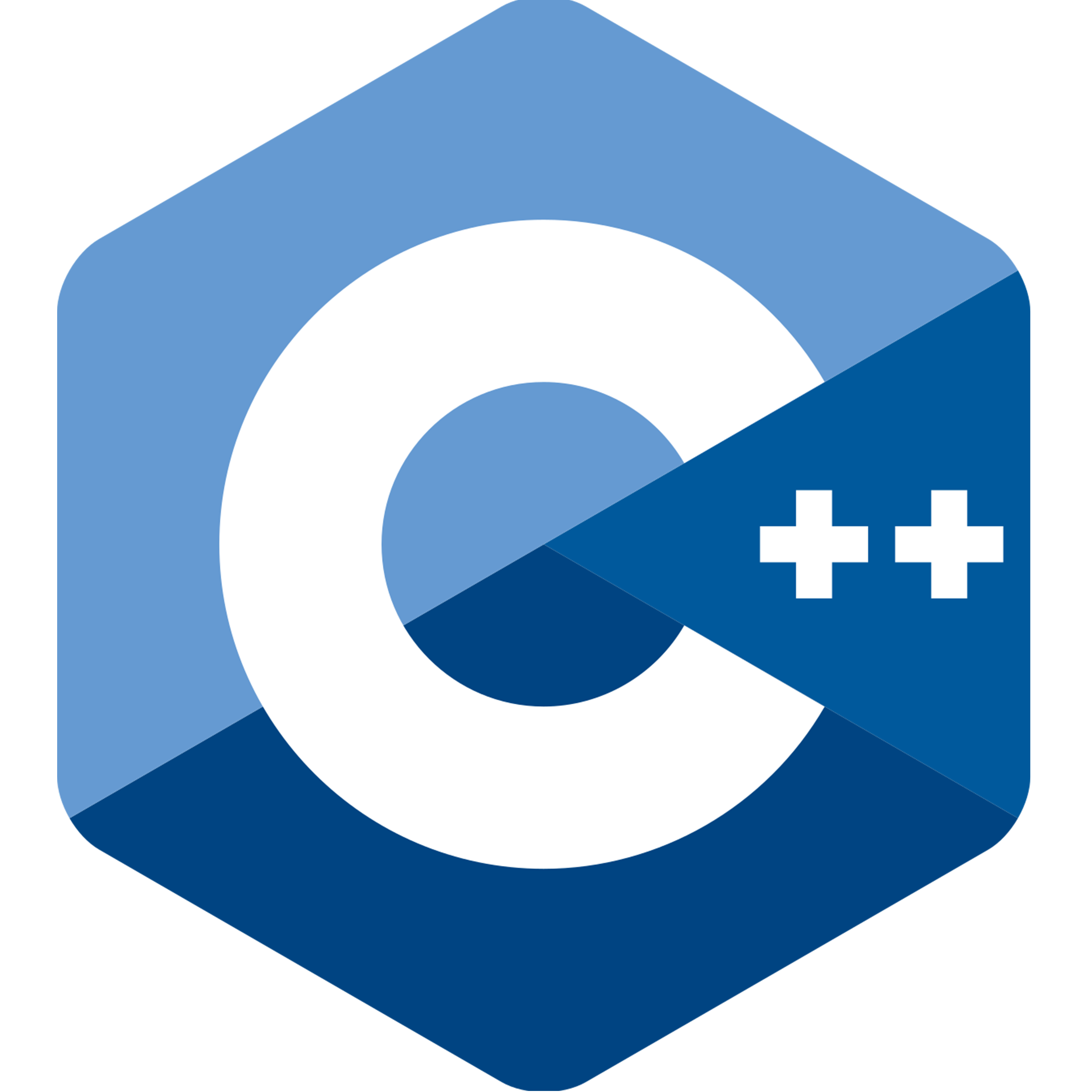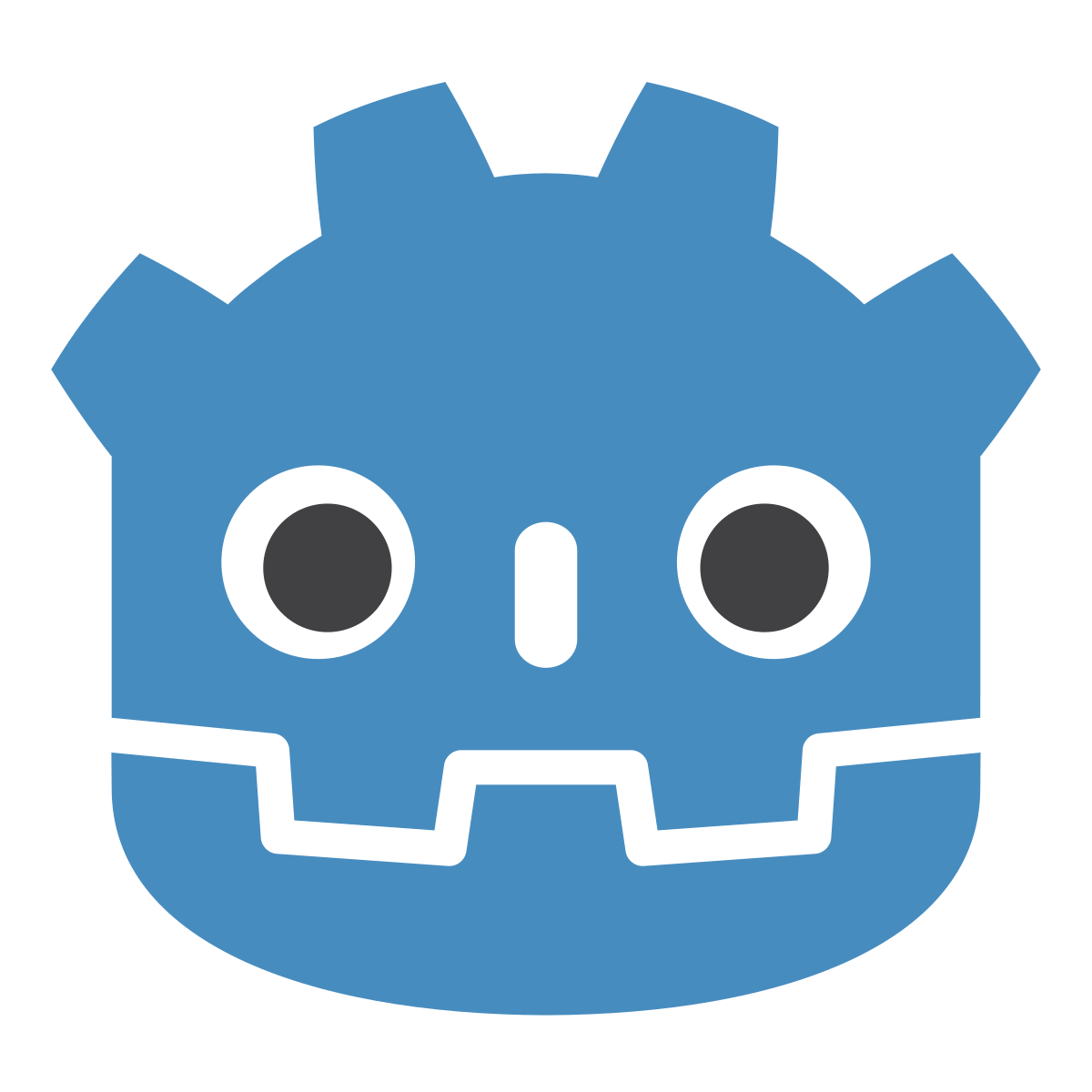
There is nothing more exciting to me than learning new things. Every day, I attempt to observe how our world works and explore new ways to innovate the way we live.
© Josue N Rivera

There is nothing more exciting to me than learning new things. Every day, I attempt to observe how our world works and explore new ways to innovate the way we live.
Doctor of Philosophy | Purdue University
Program: Aeronautics and Astronautics Engineering | Concentration: Autonomy and Control
Honors, Leaderships and Awards:
Highlighted Courses:
2024
In ProgressMaster of Science | University of Massachusetts Dartmouth
Program: Computer Science
Thesis: Graph Induced Lifelong Learning through Features Similarities and Dissimilarities
Highlighted Courses:
2021
Bachelor of Science | University of Massachusetts Dartmouth
Program: Computer Science
Honors, Leaderships and Awards:
2019
Diploma | Lawrence High School (Math, Science and Technology Academy)
Honors, Leaderships and Awards: Valedictorian; L'Pin Award Recipient
2016
Graduate Research Assistant | Purdue University
August 2021 - Present
In ProgressResearch Associate (Intern) | Hewlett Packard Labs
May 2021 - Present
In ProgressGraduate Teaching Assistant | University of Massachusetts Dartmouth
January 2020 - May 2021
Research Fellow | University of Texas at Dallas
May 2019 - August 2019
Research Assistant | University of Massachusetts Dartmouth
September 2017 - May 2019
Master Thesis | Graph Induced Lifelong Learning through Features Similarities and Dissimilarities
Traditional approaches for training classical neural networks require that all possible classes that the model might encounter be sampled and presented during initial training. Such a requirement limits the domain of problems solved. For instance, building a vehicle that can traverse uncharted territories would be challenging due to the difficulty of constructing a model that can account for all unknown situations. In this thesis, we are presenting a proof-of-concept framework and technique for a novel approach to continual lifelong learning that utilizes feature similarities and dissimilarities in a given batch of data to solve never-seen-before tasks. Our approach has the advantage that it can be applied to both Euclidean data as well as graphs and can sustain notable accuracy across introductions of new classes without any retraining/rehearsal.
The heart of our technique, Lign, is the leveraging of neural network fine tuning and pruning, commonly used in transfer learning, to temporarily remove certain weights from a network that detect key features of a previously solved tasks and reuses them to understand new problems. After pruning, the neural network can be utilized as an embedder with the aid of clustering techniques to label data based on genetic learned features. Lign_MNIST (a restructured model tested on the MNIST data set) was able to demonstrate feature comparison and learning when shown unknown digits. Results were also found with other models that were tested on the CIFAR-100 and Cora data sets that provide further insights into the inner working of the technique.
2021
Book Chapter & Conference | An Educational Tool for Exploring the Pumping Lemma Property for Regular Languages
Pumping lemma has been a very difficult topic for students to understand in a theoretical
computer science course due to a lack of tool support. In this paper, we present an active
learning tool called MInimum PUmping length (MIPU) educational software to explore the
pumping lemma property for regular languages. For a given regular language, MIPU offers
three major functionalities: determining the membership of an input string, generating a
list of short strings that belong to the language, and automatically calculating the minimal
pumping length of the language. The software tool has been developed to provide educational
assistance to students to better understand the concepts of pumping lemma and minimum
pumping length and promote active learning through hands-on practice.Abstract
2020
Research Poster | A Comparison of the Reliability between Traditional Machine Learning Techniques and Deep Learning in the Classification of Breast Cancer
2019
Game Development
Runner-Z is a video game designed for the Intellivision console of 1979. The game incorporates modern game design concepts while working with the limitation of the hardware. The game was completely written in BASIC with some Assembly for data management.
RepositoryDeep Learning Library
A graph framework that can be used to implement graph convolutional networks (GCNs), geometry machine learning, continual lifelong learning on graphs and other graph-based machine learning methods alongside PyTorch.
RepositoryWeb Development
A personal site designed to showcase current and past projects. It was built using web tools such as HTML5, CSS3 and JavaScript.
RepositoryNeural Network Model
PIF is an encoder-decoder convolutional neural network that can generate in-between frames of a given video thus increasing frame rate. During the research, a high definition 25 fps video was increased to 50 fps without loss in resolution, reduced length of video or noticeable distortions.
RepositoryDatabase System
The project consisted of a database engine that can process SQL queries and apply standard optimization techniques like projection pushdown, selection pushdown and cross product to join conversion.
RepositoryMachine Learning
This project aims to predict patient survival of an ICU stay among those who have frequently occurring cardiac diagnoses, namely congestive heart failure and atrial fibrillation.
RepositoryEducational Application
MInimum PUmping length (MIPU) educational software is an active learning tool designed to explore the pumping lemma property for regular languages. For a given regular language, MIPU offers three major functionalities: determining the membership of an input string, generating a list of short strings that belong to the language, and automatically calculating the minimal pumping length of the language.
RepositoryApplication
EZform is a text reader for images with textual context that allows blind individuals to fill out forms in private. It was developed during PerkinsHack 2018.
RepositoryMachine Learning
This is a web application developed to test the capacity of bitmaps recovery by Hopfield Neural Networks.
Repository Arduino
Arduino
 C Programming
C Programming
 C++ Programing
C++ Programing
 PyTorch
PyTorch
 TensorFlow
TensorFlow
 Python
Python
 HTML
HTML
 CSS
CSS
 JavaScript
JavaScript
 Node.js
Node.js
 Java
Java
 Godot
Godot
 Unity
Unity
 VSCode
VSCode
 Linux
Linux
 Blender
Blender